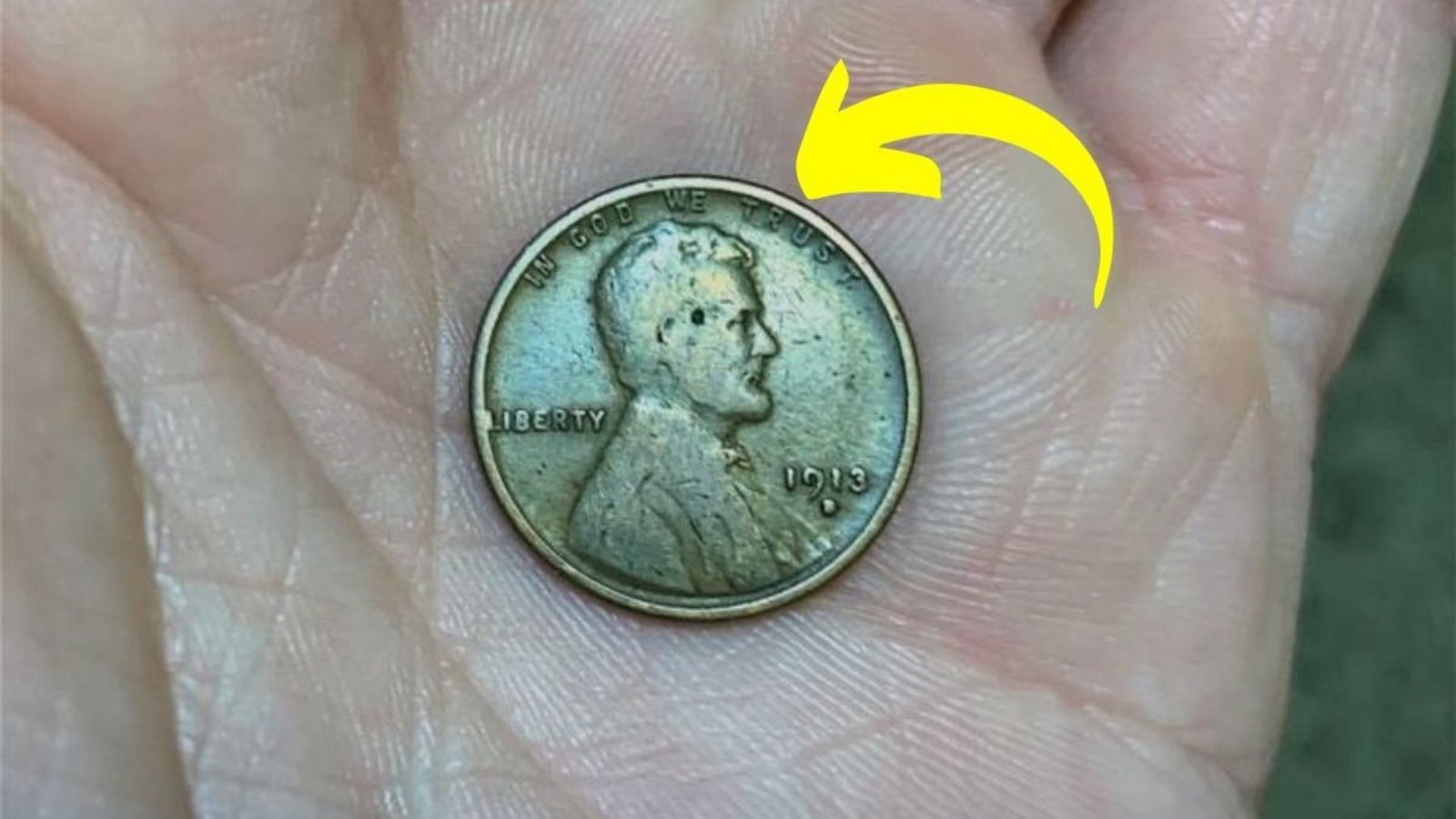Imagine checking your spare change and spotting an old Lincoln Wheat Penny — one that could secretly be worth $770,000. It sounds impossible, but coin experts and collectors know the truth: a few rare wheat pennies are still out there, hiding in plain sight. Could you have one in your pocket right now? Let’s uncover the mystery.
What Makes This Penny So Special?
The Lincoln Wheat Penny, first minted in 1909, features President Abraham Lincoln on the front and two wheat stalks on the back. While billions were produced, a few rare variations and minting errors make certain pennies worth more than luxury cars — and one, in particular, has been valued at a jaw-dropping $770,000.
A Glimpse Into Its History
The Lincoln Wheat Cent was introduced to celebrate Lincoln’s 100th birthday. Over the decades, it became one of the most iconic American coins. But during the 1940s, the US Mint experimented with different metals due to World War II shortages — and this is where the story of the rare 1943 copper penny begins.
In 1943, pennies were made of steel coated in zinc to save copper for the war effort. However, a few copper blanks accidentally remained in the minting machines. These 1943 copper pennies were struck by mistake, creating one of the most valuable coin errors in US history.
Why It’s Worth $770,000 Today
So why would a one-cent coin be worth nearly a million dollars? Simple — rarity, demand, and condition. Only a handful of authentic 1943 copper wheat pennies exist. When one appears at auction, bidding wars erupt, pushing prices to record highs. In pristine condition, one of these coins fetched $770,000, making it a collector’s dream find.
How to Know If You Have One
Spotting a rare 1943 Lincoln Wheat Penny takes a sharp eye. Here’s what to check:
- Date: Look for “1943” on the coin’s face.
- Color: Genuine copper coins have a reddish-brown tone, not silver-gray like steel.
- Magnet Test: Copper is non-magnetic. If your 1943 penny sticks to a magnet, it’s steel — not valuable.
- Weight: A copper penny weighs 3.11 grams, while steel weighs 2.7 grams.
How to Identify the $770K Lincoln Penny
| Feature | 1943 Steel Penny | 1943 Copper Penny |
|---|---|---|
| Color | Silver-gray | Reddish-brown |
| Metal Type | Steel/Zinc | Copper/Bronze |
| Magnetic | Yes | No |
| Weight | 2.7 g | 3.11 g |
| Estimated Value | $0.10–$0.50 | Up to $770,000+ |
Other Valuable Wheat Pennies to Watch For
Not just the 1943 version — several Lincoln Wheat Pennies command impressive prices.
| Year | Variety / Error Type | Estimated Value |
|---|---|---|
| 1909-S VDB | Key Date, Low Mintage | $1,000+ |
| 1914-D | Scarce Denver Mint | $2,500+ |
| 1922 No D | Missing Mintmark | $1,000–$10,000 |
| 1944 Steel | Minting Error | $75,000+ |
| 1955 Doubled Die | Visible Doubling | $1,500–$20,000 |
Expert Tips: Don’t Dismiss Spare Change
- Always Check Your Change: Rare coins often reappear in circulation after decades.
- Use a Magnifying Glass: Small errors can mean big money.
- Get Certified: If you suspect you’ve found one, send it to PCGS or NGC for grading.
- Stay Updated: Values fluctuate with market demand — keep an eye on auction results.
Frequently Asked Questions (FAQs)
Q: Are these 1943 copper pennies real or myths?
A: They’re 100% real. Only a few exist, making them incredibly rare.
Q: Can I find one today?
A: It’s possible — though rare, they occasionally turn up in old jars or collections.
Q: What should I do if I find one?
A: Don’t clean it! Have it authenticated by a professional grading service immediately.
Why This Matters Today
In a world where digital money dominates, the allure of finding a hidden treasure in your pocket feels like a timeless adventure. The Lincoln Wheat Penny valued at $770K reminds us that history, rarity, and luck can combine in the smallest of ways — even in a single cent.
Conclusion: Could You Be Holding a Fortune?
The next time you sort through loose change, pause for a moment. That humble wheat penny might not just be old — it could be worth hundreds of thousands. Keep your eyes open, stay curious, and remember — treasures often hide where we least expect them.

